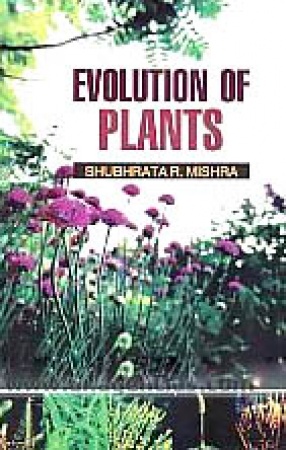
Shubhrata R Mishra

26 books

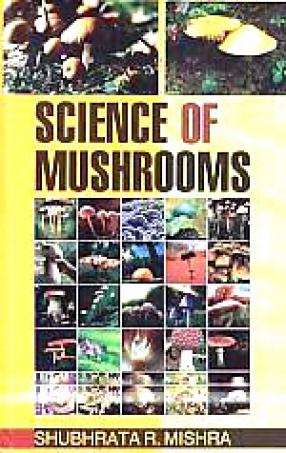
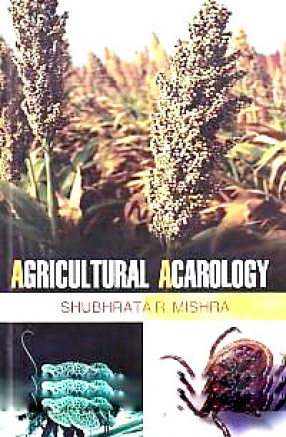
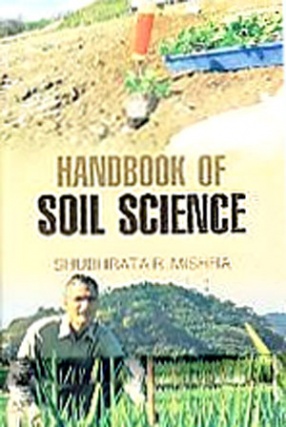
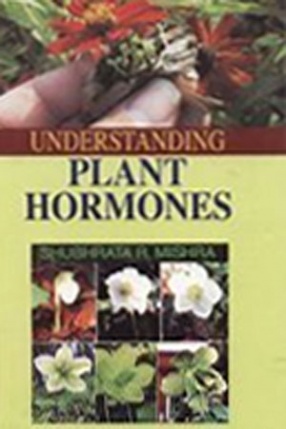
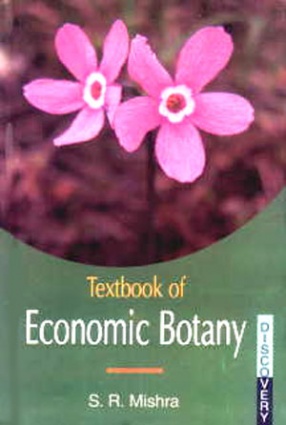
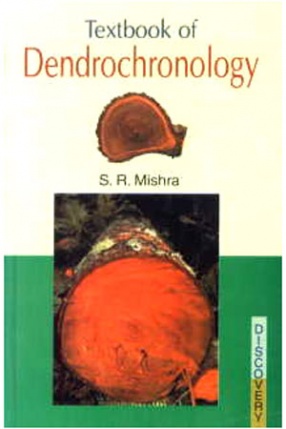
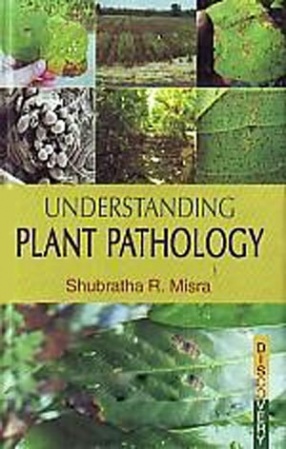
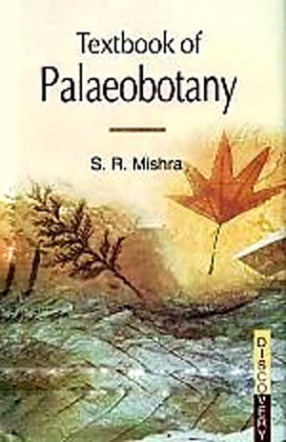
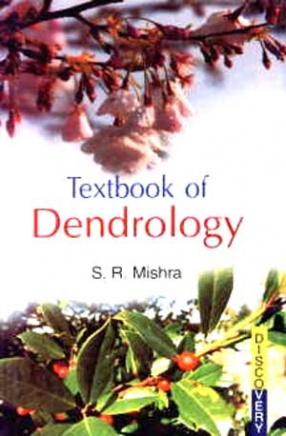
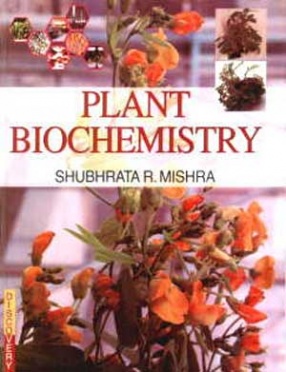
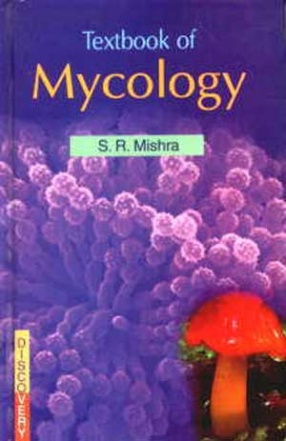

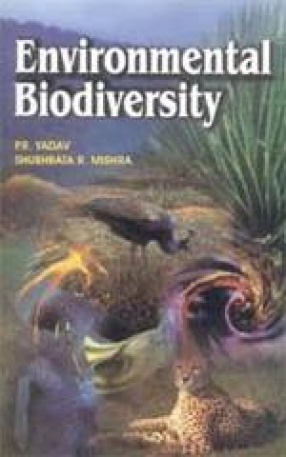
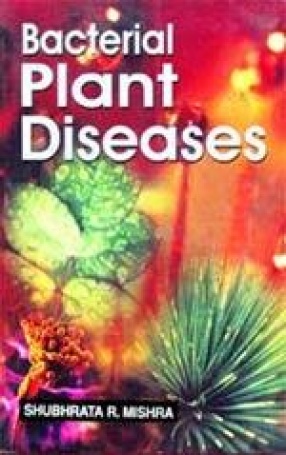


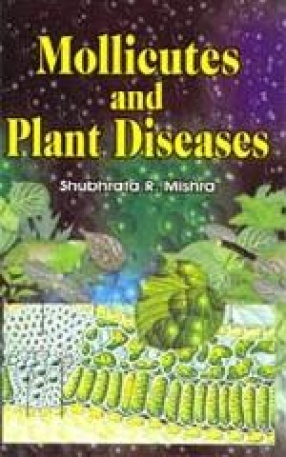

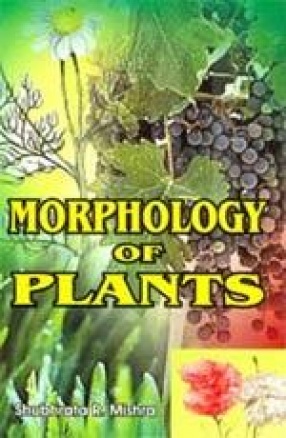
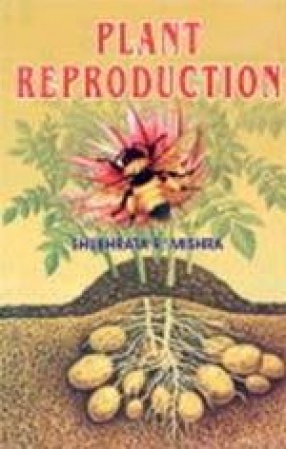
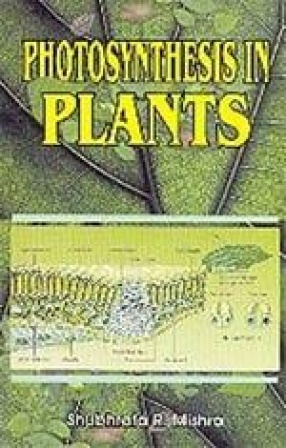
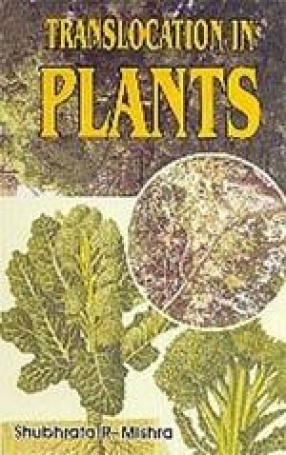
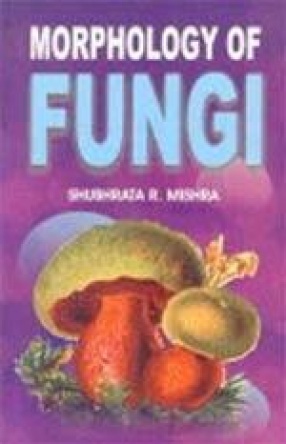





The present title Understanding Plant Hormones has been written for those students interested in careers in diverse fields of biological sciences. It provides a structured approach to learning by covering all the important topics in a uniform, systematic format. The book has been comprehensively designed incorporating recent advances in this fast moving field. It also provides accessible information on photosynthesis in compact form for undergraduate students in ...

Plants are essential to the balance of nature and in people's lives. Green plants, i.e. those possessing chlorophyll, manufacture their own food and give off oxygen in the process called hotosynthesis, in which water and carbon dioxide are combined by the energy of light.Plants provide many useful drugs. Some of these plants have been used as medicines for hundreds of years. The bark of the cinchona tree was used 400 years ago to reduce fever. It is still ...

Dendrochronology (from Greek, dendron, "tree"; khronos, "time"; and, - logia) or tree ring dating is the method of scientific dating based on the analysis of tree ring growth patterns. This technique was developed during the first half of the 20 century originally by the astronomer A.E. Douglass, the founder of the Laboratory of Tree Ring research at the University of Arizona. Douglass sought to better understand cycles of sunspot activity and ...

The present title "Understanding Biosciences" has been written for those students interested in careers in diverse fields of biological sciences. It provides a structured approach to learning by covering all the important topics in a uniform, systematic format. The book has been comprehensively designed incorporating recent advances in this fast moving field. It also provides accessible information on plant reproduction in compact form for undergraduate ...


Dendrology is basically a science all about trees and other plants that have woody structures. It seems appropriate to have such a complicated science for a plant system that took a long time and a lot of effort to evolve into the structures that they are today. Trees have a long history, about three hundred and seventy million years in the making, so there is a lot to learn, and piece by piece the science of Dendrology has put together an evolutionary pattern, ...

Biochemistry today has made spectacular progress in unraveling the mysteries of animate nature. This progress has allowed us to gain deeper insight into the principles of vital activity and has to a very significant extent stimulated the development of applied disciplines, especially medicine. The present title "Plant Biochemistry" is intended for those who wish to understand living organisms, especially man. Biochemistry is essential for this purpose, ...

Historically, mycology was a branch of botany (fungi are evolutionarily more closely related to animals than to plants but this was not recognized until a few decades ago). Pioneer mycologists included Elias Magnus Fries, Christian Hendrik Persoon, Anton de Bary and Lewis David von Schweinitz.Today, the most comprehensively studied and understood fungi are the yeasts and eukaryotic model organisms Saccharomyces cerevisiae and Schizosaccharomyces pombe.Many fungi ...

The present title Environmental Biology deals extensively with the elements, components, natural resources, physical, chemical, geological and biological aspects of environment. The last thirty years have witnessed a vast expansion of both interest and knowledge in environmental sciences. There has been a widening public awareness of the importance of environmental interactions with particular focus on such issues as the impact of pesticides upon food chains and ...

The present title Environmental Biodiversity deals extensively with the elements, components, natural resources, physical, chemical, geological and biological aspects of environment. The last thirty years have witnessed a vast expansion of both interest and knowledge in environmental sciences. There has been a widening public awareness of the importance of environmental interactions with particular focus on such issues as the impact of pesticides upon food chains ...

The book provides thorough information about bacteria and bacterial plant diseases. It covers history, structure, classification, special DNA characteristics and special activities of bacteria. Major important plant pathogenic bacteria and their plant diseases are also discussed. The book illustrates the information explicit through 59 figures, one major classification table and two small tables. At the end of the book several references are given for further ...

The present title Environmental Ecology deals extensively with the elements, components, natural resources, physical, chemical, geological and biological aspects of environment. The last thirty years have witnessed a vast expansion of both interest and knowledge environmental science. There has been a widening public awareness of the importance of environmental interactions with particular focus on such issues as the impact of pesticides upon food chains and the ...

The present title Human Ecology deals extensively with the elements, components, natural resources, physical, chemical, geological and biological aspects of environment. The last thirty years have witnessed a vast expansion of both interest and knowledge in environmental sciences. There has been a widening public awareness of the importance of environmental interactions with particular focus on such issues as the impact of pesticides upon food chains and the loss ...

The book provides thorough information about Mollicutes and their plant diseases. It covers up-to-date information on Mollicutes such as Mycoplasma, Spiroplasma, Phytoplasma with their introduction, evolution genomic, and phylogeny. List of names of different genera like Mycoplasma, Ureaplasma, Entomoplasma, Mesoplasma, Spiroplasma, Acholeplasma, Anaeoroplams, Asteroleplasma as well as Candidatus within the genus Mycoplasma and genus Phytoplasma are also given. ...

The book “Virus and Plant Diseases†provides thorough information about virus and vital plant diseases. It covers origin, evolution, phylogeny, history, occurrence, nature, structure, symmetry, reproduction and classification of virus. Major groups of plant pathogenic viruses and plant diseases are also discussed. The book illustrates the information explicit through 41 figures and 21 tables. At the end of the book several references are given for further ...

The present title "Morphology of Plants" has been written mainly to meet the need of undergraduate and post graduate students who require a knowledge of a wide field in morphology in an interesting an understandable manner. The book presents a broad survey of the trees and forests. A special feature of the book is that the text is copiously illustrated with superably accurate, beautiful and well labelled diagrams. The subject matter has been dealt in a ...

The present title "Plant reproduction" is the compilation of a comprehensive account of the fundamental principles of plant reproduction. It incorporates and organizes the information concerning plant reproduction from relevant and authentic sources. It presents a connected and precise account of the subject matter of this important branch of Botany which forms an integral part of the studies undertaken by the undergraduate and postgraduate studies of ...

The present title "Photosynthesis in Plants" is a classical branch in plant physiology. Biochemists purify photosynthetic enzymes and study their characteristics in the test tube; biophysicists isolate photosynthetic membranes and determine their spectroscopic properties in cuvettes; molecular biologists clone the genes that encode photosynthetic proteins and study their regulation during development. In contrast, plant physiologists study ...

Translocation in plants has been carefully compiled and edited to meet the long felt needs of increasingly large number of those who have to deal with the different aspects of the transport of various substances from one part of plant to the other. It provides a balanced and integrated treatment of the entire field transport system. The title is intelligible to the educated layman but it deals with some complex ideas. It is an adequate text for all requirements ...

Fungi are thallophtes that have no green plant pigment. Their body is generally called thallus, is either a single cell or a thread like structure. We can distinguish several hundred fungus species by the naked eye, but this has its limitations. This book is written to throw light on the world of microcosm lavishly abounding in extraordinary and aesthetically impressive forms opens before us.
